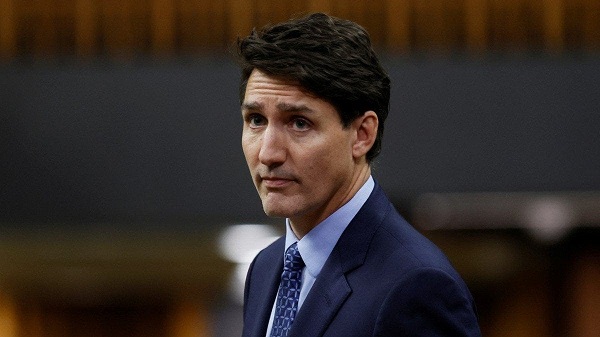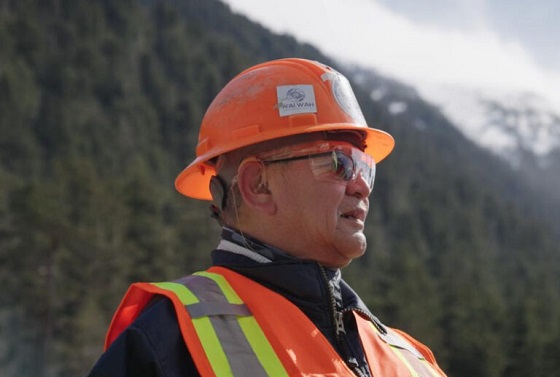Alberta
#AlohaGate – Kenney Announces UCP Resignations in Response to Outraged Albertans

On January 4, 2020, Alberta Premiere Jason Kenney announced the resignation of a number of United Conservative Party members following the Christmas holiday abroad scandal being referred to online as “AlohaGate”. This scandal, which has occupied much of the recent news coverage and trending Twitter hashtags in Alberta, has led to massive public backlash and political destabilization for the ruling provincial party.
Political careers are often characterized by upheaval and public backlash, as politicians are required to cater to the diverse and disparate needs of the many while under constant scrutiny from the public eye. The year 2020 arguably posed an even greater challenge for political leaders, as they struggled to manage the devastating implications of the global COVID-19 pandemic. Government officials have faced constant backlash for implementing restrictions, or lack thereof, in their attempts to strike a balance between maintaining public safety and supporting the survival of the local economy.
On December 13, many Albertans were disappointed by the Kenney administration’s updated COVID-19 restrictions, which extended lockdown measures through Christmas and into the New Year. While not necessarily a surprise, these restrictions, which banned inter-household social gatherings and further discouraged non-essential travel, meant cancelled plans and a solitary Christmas for many. Difficult sacrifices were made by thousands of Albertans who were unable to spend quality time with their families, many of whom shared stories of elderly or ill family members who celebrated the holiday and rang in the New Year alone.
 Under these circumstances, countless Albertans were outraged to learn a number of staff and members of the United Conservative Party (UCP) neglected to cancel their non-essential travel plans, choosing to spend Christmas abroad with their families in international locations like Mexico, Hawaii, Las Vegas and more.
Under these circumstances, countless Albertans were outraged to learn a number of staff and members of the United Conservative Party (UCP) neglected to cancel their non-essential travel plans, choosing to spend Christmas abroad with their families in international locations like Mexico, Hawaii, Las Vegas and more.
According to an article released by the Calgary Herald on January 3, “To date, nine senior government officials in Alberta have been confirmed to have travelled abroad in December.”
The absolute outrage expressed by many upon learning of government officials who failed to abide by the same rules and make the same sacrifices as countless  Albertans did this Christmas has made for a rocky start to the New Year for the UCP. The apologies made by members of the government who travelled abroad over the holidays have been met with scathing responses from Albertans, who have expressed feelings of anger and betrayal at the lack of accountability shown by the province’s political leaders.
Albertans did this Christmas has made for a rocky start to the New Year for the UCP. The apologies made by members of the government who travelled abroad over the holidays have been met with scathing responses from Albertans, who have expressed feelings of anger and betrayal at the lack of accountability shown by the province’s political leaders.
In perhaps one of the most devastating responses to the controversial AlohaGate, an Alberta family expressed their anger and hurt towards the UCP government after having cancelled their own 2020 trip to Hawaii as a result of the pandemic. This was not a typical family vacation, however, and the cancellation of these plans went far beyond disappointment. The Make-A-Wish Foundation funded the Lousier family trip to Hawaii for their 9-year-old son Braeden, who suffers from Hadju-Cheney syndrome. Braeden, who has struggled with his health for his entire life, is not expected to live to see his teenage years as a result of his condition. “While the family was crushed over the cancellation of their dream vacation,” Global News reported, “Lousier said the recent controversy revealing Alberta government officials travelled over the holidays has turned devastation into anger.”
 This is a sentiment echoed by many who have suffered loss of livelihood, decline of mental and physical health, and forced separation from family members as a result of government lockdown mandates. Simply put by the Edmonton Journal, “The moral authority that the Kenney government must wield in convincing Albertans to obey public health recommendations is now severely diminished by the apparent double standard.”
This is a sentiment echoed by many who have suffered loss of livelihood, decline of mental and physical health, and forced separation from family members as a result of government lockdown mandates. Simply put by the Edmonton Journal, “The moral authority that the Kenney government must wield in convincing Albertans to obey public health recommendations is now severely diminished by the apparent double standard.”
Jason Kenney’s initial response to the scandal, in which he condemned the actions of those who travelled abroad during the holidays but neglected to impose any disciplinary action against them, was met with major public backlash. Following his address, a torrent of responses from the public labeling Kenney a coward, among other things, and asking him to step down as Premiere flooded the Internet. Many used the hashtag #resignkenney in addition to others such as #alohagate and #alohallard.
 On January 4, Premiere Jason Kenney released a statement declaring he was “listening to Albertans who are sending a clear message that they want real consequences for these actions”. Therefore, as of January 4, 2020, he has accepted a number of resignations from the individuals who “demonstrated extremely poor judgment” by choosing to travel abroad this Christmas.
On January 4, Premiere Jason Kenney released a statement declaring he was “listening to Albertans who are sending a clear message that they want real consequences for these actions”. Therefore, as of January 4, 2020, he has accepted a number of resignations from the individuals who “demonstrated extremely poor judgment” by choosing to travel abroad this Christmas.
Tracy Allard, Tanya Fir, Jeremy Nixon, Pat Rehn, Jason Stephan, Tany Yao, Jamie Huckabay are among the officials who have since resigned or been demoted from their positions in Alberta’s UCP government.
For more stories, visit Todayville Calgary.
Alberta
New gas reserves take Canada into global top 10
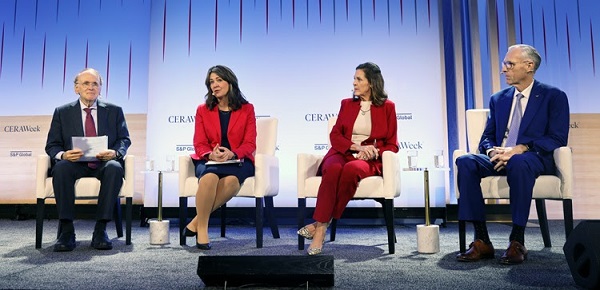
Left to right – Daniel Yergin, vice chairman S&P Global; Hon. Danielle Smith, Premier of Alberta; Hon. Susan B. Bourgeois., Louisiana Secretary of Economic Development; and Jim Fitterling, CEO Dow Inc.
New Alberta reserves study finds Alberta’s gas reserves have increased six-fold, moving Canada’s gas reserves into the top 10 globally.
Alberta has always been a giant when it comes to natural gas, but after looking carefully at the Montney, Duvernay and the Deep Basin, new data has identified that the total gas resource in ground exceeds 1,360 trillion cubic feet (TCF). Of this, 130TCF is proved and recoverable gas reserves. For comparison, the latest U.S. government reserve number, using comparable methodologies, for Texas natural gas is 170TCF.
|
Gas (TCF) |
Oil (billion barrels) |
|
| Current Resource in Ground* |
1360 |
1820 |
| Previous AER Reserve number |
24 |
159.4 |
| 2025 McDaniel Proved Reserve study |
130** |
167*** |
| EIA Texas Reserves (2023) |
170 |
20 |
| * resource in ground number reflects an estimate of total resource in place.
** with proved and probable 144TCF. *** oil reserve studies for all basins not yet complete. |
||
Adding these new gas reserves to other provinces’ reserves sees Canada’s overall gas number more than double and results in Canada’s ranking moving from number 15 to number nine globally.
When it comes to oil reserves, Alberta remains a titan with a total resource in ground number of 1.8 trillion barrels. Oilsands proven reserves are more than 165 billion recoverable barrels and there is other growth. For example, new opportunities like the Clearwater basin which has almost two billion barrels of new reserves. For comparison, Texas’ proved oil reserves sit at 20 billion barrels.
Alberta’s global ranking for oil has not changed, however the increase of seven billion additional proved barrels does result in extending the province’s total years of overall oil supply to 137 years.
“Alberta’s responsible energy sector has embraced technology and innovation, and these advancements have allowed us to unlock material gas reserves that were previously not accounted for. While other jurisdictions could face inventory concerns in the future, Alberta’s reserves will be essential for North America to continue accessing affordable energy.”
“This announcement reinforces that Alberta has the reserves needed to enhance long-term energy security for our trading partners. With vast amounts of gas, oil and liquids, Alberta’s energy sector is ready and willing to work with our U.S. partners to achieve global energy security.”
The study to review Alberta’s natural gas and oil reserves was commissioned by the Alberta Energy Regulator and was conducted by McDaniel and Associates Consultants. McDaniel is still completing this work and a final number for all fields and growth areas will be completed in the coming weeks.
“The continued expansion of Alberta’s reserves offers immense potential for long-term energy security, ensuring a reliable source of energy to support both domestic needs and international markets.”
Alberta’s government is working closely with industry to determine all options for egress to market in support of our aspiration to double Alberta’s oil and gas production.
Faced with uncertainty around trade and security, Alberta’s government remains focused on diplomacy and continuing to build a resilient and diversified economy that is better positioned to withstand external shocks and ensure long-term prosperity.
Background
- Reserves are the most accurate measure of a jurisdiction’s future oil and gas potential. McDaniel and the Alberta Energy Regulator use the Canadian Oil and Gas Evaluation Handbook methodology to perform reserve studies.
- Reserves are estimated volumes of hydrocarbon resources that analysis of geologic and engineering data demonstrates with reasonable certainty are recoverable under existing economic and operating conditions. Reserves estimates change from year to year because of:
- price and cost changes
- new discoveries
- thorough appraisals of existing fields
- existing reserves production
- new and improved production techniques and technologies
Quick facts
- In 2023, Alberta produced 10.9 billion cubic feet per day (bcf/d) of natural gas. This was 61 per cent of Canadian natural gas production in 2023.
- Alberta is also the largest supplier of natural gas to the U.S. In 2023, Alberta exported 4.54 bcf/d to the U.S.
- Alberta oil directly supports more than 50 U.S.-based refineries with direct investment in more than 20 U.S. states, and is essential to affordability, growth, economic prosperity and energy security in the U.S.
- The U.S. Midwest continues to be the largest market for Canadian crude oil, followed by the U.S. Gulf Coast.
- As 2025 began, U.S. imports of crude oil from Canada reached a weekly record 4.42 million barrels per day, with the majority supplied by Alberta.
Alberta
Alberta to unlock new market potential

Alberta’s government has announced new steps to meaningfully act on the province’s ownership of its oil and gas resources and maximize resource revenue.
Alberta’s government will now collect bitumen royalties in-kind (BRIK) in addition to conventional royalties in-kind (CORIK), allowing the province to obtain the top price for oil resources and positioning Alberta as a potentially significant player in the global oil market.
The Alberta Petroleum Marketing Commission (APMC), Alberta’s commercial oil and gas agency, will now be able to combine conventional and bitumen royalty barrels to bring to market significant petroleum volumes that will spur private sector investments. This will give government the ability to seek new deals on Alberta’s energy resources internationally, making the province one of the largest global heavy oil market players and maximizing the return for Albertans.
On March 10, 2025, Premier Danielle Smith met with a global oil and petrochemical multinational to discuss a first-of-its-kind potential transaction that would see the overseas transport and sale of approximately two million barrels per month of Government of Alberta owned heavy oil via the APMC.
“This program gives the province greater say in where we sell our oil. Receiving bitumen royalties in-kind is another tool in our investment toolbox and will give us the opportunity to maximize our resource potential, become one of the most significant players in the heavy oil market and garner more value for Albertans.”
“Alberta and Canada have benefited greatly from the innovation and investment of our partners, the companies driving our energy industry. This move will allow us to promote increased pipeline capacity and grow our global markets, which is good for Albertans, for industry, and for global energy security.”
Given the significant volume of conventional and bitumen royalty barrels that will become available over time, the APMC will seek agreements with other jurisdictions and industry players to ensure Albertans benefit to the greatest extent possible from the ownership of their natural resources. This will help improve and diversify markets. The transportation of these barrels will help incentivize pipeline capacity growth in support of Alberta’s aspiration to double its oil and gas production.
“APMC will work diligently to seek commercially prudent deals that make sense for Albertans and the Alberta energy industry. The opportunity exists to find transactions that will directly and indirectly secure extra value for Albertans, and the experienced team at APMC is committed to doing just that.”
Faced with uncertainty around trade and security, Alberta’s government remains focused on diplomacy and continuing to build a resilient and diversified economy that is better positioned to withstand external shocks and ensure long-term prosperity.
-
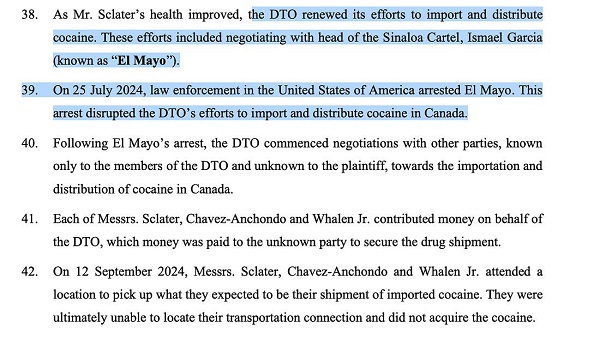
 Crime1 day ago
Crime1 day agoBC Fentanyl Ring ‘Negotiated’ With Sinaloa Chief ‘El Mayo,’ Court Filings Allege
-
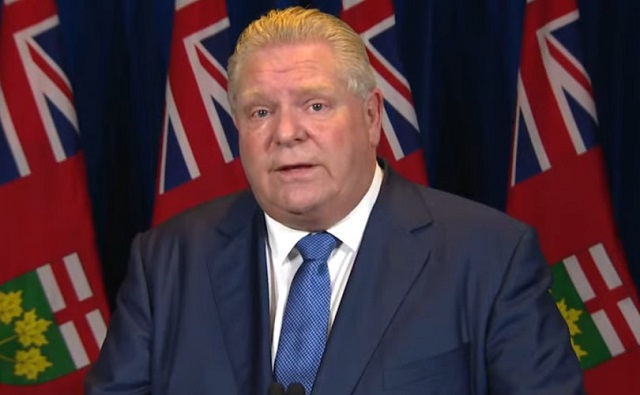
 Business1 day ago
Business1 day agoOntario Premier Doug Ford Apologizes To Americans After Threatening Energy Price Hike For Millions
-

 Alberta1 day ago
Alberta1 day agoNew gas reserves take Canada into global top 10
-
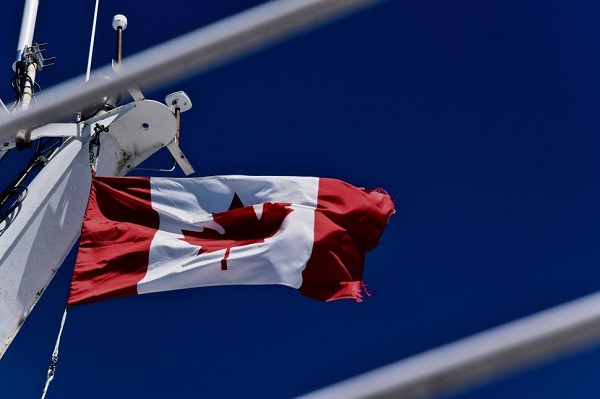
 Energy19 hours ago
Energy19 hours agoIf Canada won’t build new pipelines now, will it ever?
-
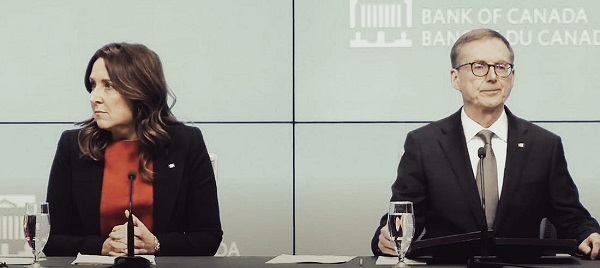
 Banks18 hours ago
Banks18 hours agoBank of Canada Slashes Interest Rates as Trade War Wreaks Havoc
-
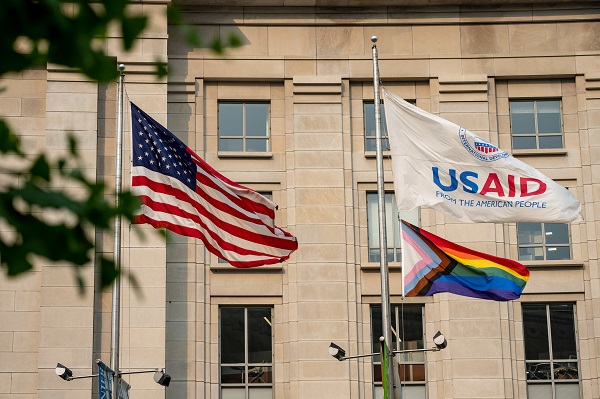
 Business1 day ago
Business1 day agoUSAID reportedly burning, shredding classified documents
-
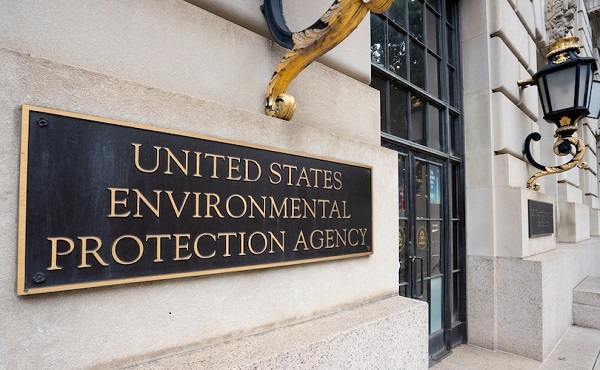
 Energy1 day ago
Energy1 day agoWhy the EPA is right to challenge the ruinous “endangerment finding”
-
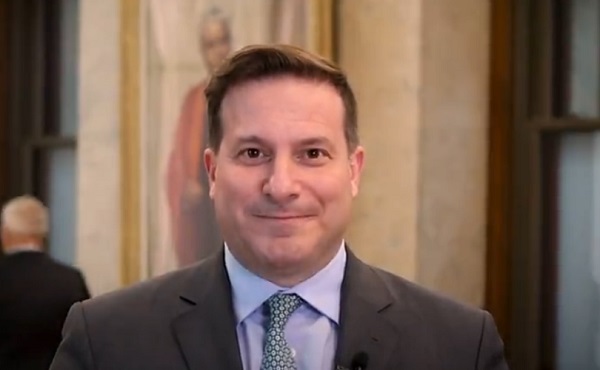
 National8 hours ago
National8 hours agoMark Carney’s new chief of staff was caught lying about Emergencies Act use

